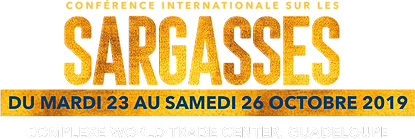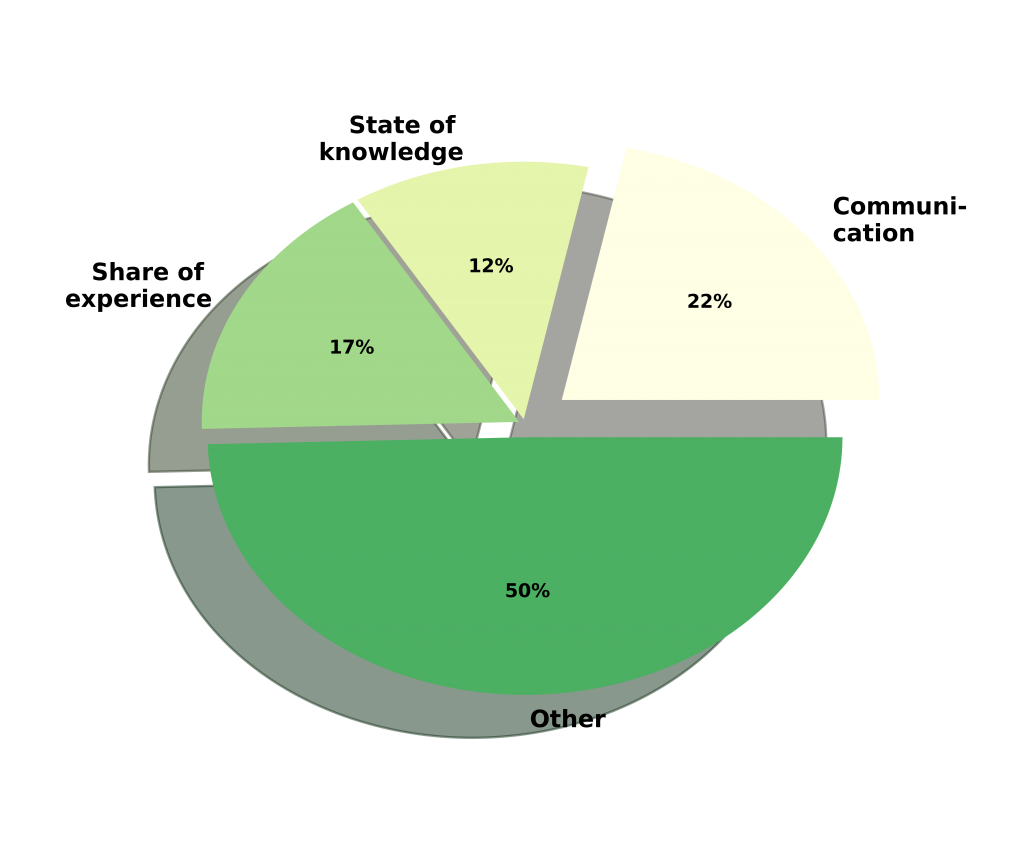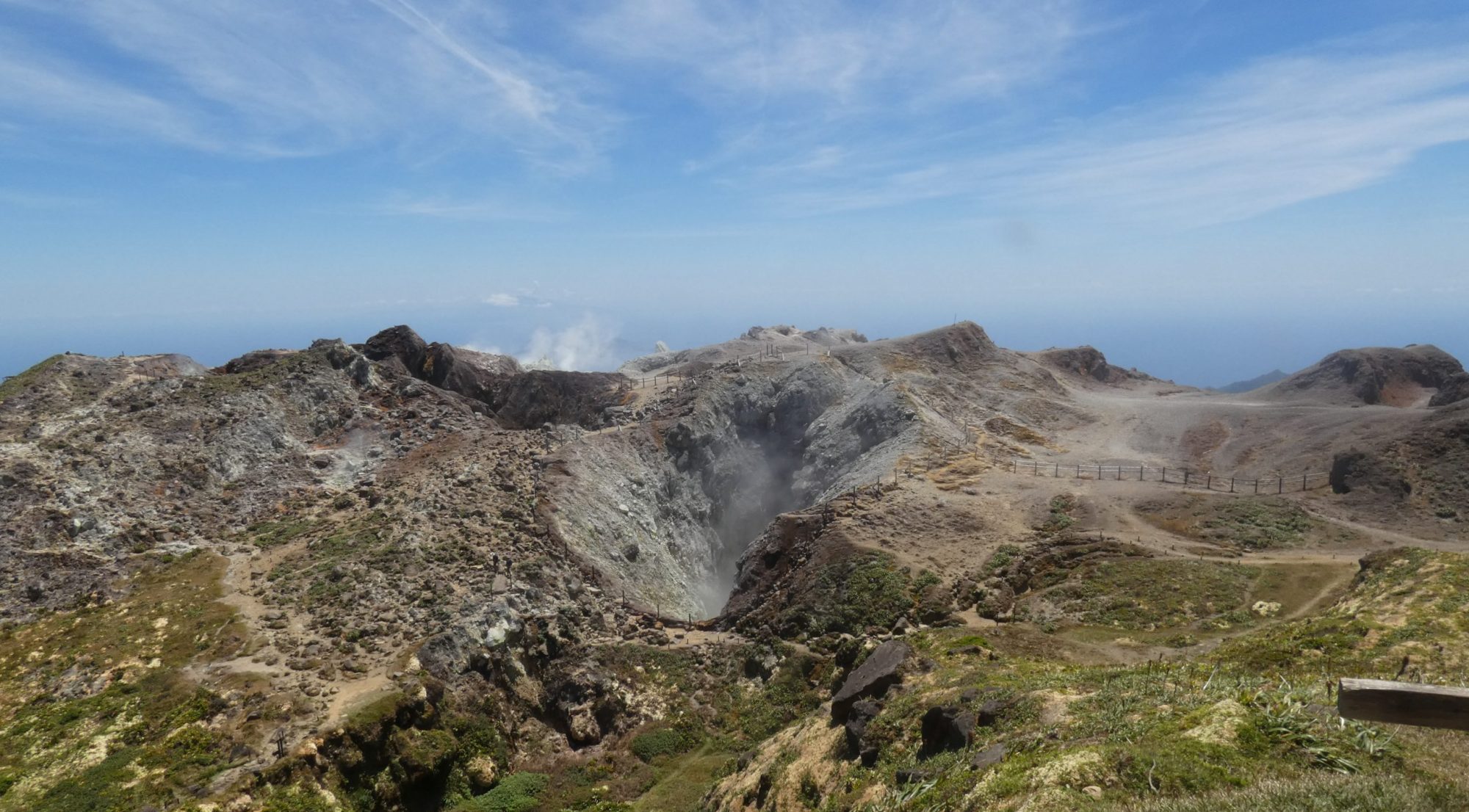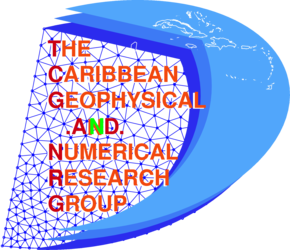
From 23 to 26 October Regional Council of Guadeloupe wants to be the convergent point of know-how and techniques for mitigating Sargassum algae effects through the organization of the international conference financed by the European program of regional cooperation InterReg Caraïbe.
The objectives of this conference were presented during the steering committee set up on April 16, 2016 are
- better understand the Sargassum phenomenon at the Caribbean level;
- share experiences in collection, processing and recovery of algae;
- sign on the international political agenda issues of massive sargassum invasion.
The answer to the first point can only come from research and technological innovations. This objective therefore requires a real investment in competent human resources.
The second point raises the question of the effectiveness of methods already tested, all of which have major drawbacks which considerably aggravate the environmental resource. The current level of knowledge is too limited to assess medium and long-term consequences.
The third point, on the other hand, is a pious wish. How politically collaborate to mitigate a phenomenon whose origins and modes of growth, spatial and temporal distribution, are as poorly known. The absence of boundaries and natural barriers when pelagic algae is advected makes it necessary to regulate invasion situations at local scales. The hope of have a turnkey solution rests solely on the convictions of predatory vendors.
A first analysis

Fig. 1: Distribution of subjects in hourly amount during the International Conference Sargassum2019 in Guadeloupe, FWI
The planning for the international conference was unveiled last week (week # 36). Without access to the detailed program, a quantitative analysis can be conducted nevertheless to understand the essence of this conference.
During the four days of that event, we can note the large number of communication actions with the public screening of a documentary , a televised debate, a public debate and a press conference with a total duration of 5h52 min (2h30min + 1h30min + 1h + 52min).
The state of knowledge, reserved to the first day is limited to 3h15min, coffee break included. The rest of the day is planned for the TV debate and presentation of the projects selected for the Sargassum call for projects .
Experience sharing of Friday, October 25th 2019 seems more provided spread over 4h30min, leaving the best place to the case of the Dominican Republic and Mexico, where their main issues are the preservation of sites operated by the tourism industry (>8 M of visitors for 2018 in Quintana Roo -Mexican state- and >6.5 M to Dominican Republic). The rest of the day is reserved for presentation of funding opportunities and the public debate.
The last day dealt with the cooperation to fight sargassum and international strategies during almost 3 hours. We hope that this morning will allow states and territories which are all concurrent in tourism, fishing and marine mining resources, to take stock of the situation put theirs differences other side and share their human resources and knowledges. Announced presence of the Prime ministry of the French Republic, Édouard Philippe, should not change nothing. Despite the Paris Agreement France are doing little choice in favour of nature and public health.
Conclusion
This succinct analysis gives a vision of the objectives of this conference, unfortunately far from the TCGNRG vision and possibly of the resolution of this situation.
It should be remembered what the named Sargassum crisis is in fact an imbalance of nutriments (nitrogen, phosphorus, etc.) across the Atlantic and most of the coastal area which promote the growth of algae. We must noted that during their pelagic phase the growth and reproduction (by cuttings) rates of Sargassum algae is not stopped.
To this imbalance one must added a structural and intellectual incapacity to rethink the management of organic matter in an overly industrialized environmental system.

